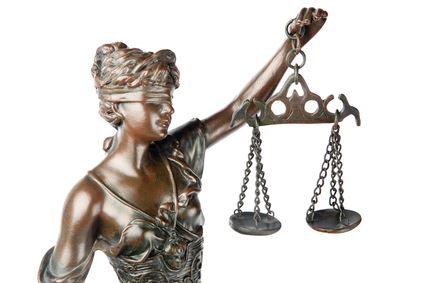 Today, the Texas Supreme Court agreed to hear oral arguments from orthodontic providers regarding the dentists’ counterclaims in the pending State vs. dentists vs. TMHP/Xerox cases. The general facts of the underlying dispute about orthodontic prior authorization have been well-covered in the press, but the status of the various appeals that have resulted from the cases was less publicized.
Today, the Texas Supreme Court agreed to hear oral arguments from orthodontic providers regarding the dentists’ counterclaims in the pending State vs. dentists vs. TMHP/Xerox cases. The general facts of the underlying dispute about orthodontic prior authorization have been well-covered in the press, but the status of the various appeals that have resulted from the cases was less publicized.
The Texas Supreme Court only hears a small number of the appeal requests sent to it each year. Traditionally, a request to hear oral argument is considered a sign that the Supreme Court sees a serious problem with an underlying court opinion.
The appeal is scheduled to be heard before the nine Supreme Court justices at 9:00 a.m., February 6, 2018.
History of the appeal
The case began when the State sued a handful of orthodontic providers alleging the dentists committed fraud by providing orthodontic services that were not medically necessary. However, the State was unsuccessful in furnishing any proof of fraud by the dentists in hearings at the State Office of Administrative Hearings (“SOAH”). After unsuccessfully prosecuting several cases, the State elected to move these cases from SOAH to the Travis County District Court.
The defendant dentists in those civil cases filed counterclaims against the State, claiming that the State engaged in fraud, breach of contract, and negligence in the way it handled the orthodontic prior authorization system. The defendant dentists’ lawsuit states that the State implemented and intentionally supported a prior-authorization process that never required an actual review of any of the diagnostic material by an independent licensed dentist employed by the State or Xerox, even though the State publicly, repeatedly assured the dentists that every patient file was thoroughly reviewed by a Xerox-employed board-certified orthodontist to assure that it met Medicaid’s coverage requirements.
The defendant dentists allege that the State knew about, and ratified, TMHP/Xerox’s practice of having less than 10% of orthodontic prior authorization requests be reviewed by a licensed dentist. The rest of the prior authorization requests—over 90%–received absolutely no review from a licensed dentist, or dental assistant, or anyone with knowledge regarding dental conditions. When dentists questioned the State between 2004 and 2012, they claim that the State consistently assured the dentists that they had nothing to be concerned about and that all of the requests were being thoroughly reviewed by licensed dentists and other qualified personnel before any decision was made. The dentists also allege that the State unwaveringly represented to the dentists that an approval or denial was an independent and final decision by the State and that the dentists could and should rely on those decisions when providing orthodontic services to Medicaid patients.
The State responded to the dentists’ counterclaims by asking the trial judge to dismiss the dentists’ claims. The State argued to the trial judge that counterclaims against the State were not permitted in a Medicaid fraud case. The trial court agreed and dismissed all of the dentists’ allegations against the State, finding that Medicaid fraud defendants were relegated to a purely defensive posture. The dentists appealed, claiming that the trial court decision was an unprecedented and insupportable divergence from both United States and Texas Supreme Court opinions that consistently approved of counterclaims filed by a party that has been sued by the State.
In their appeal, the dentists quoted a 2006 Texas Supreme Court opinion in which the Court’s justices flatly stated “a rule allowing governments to make a claim but preventing all offsetting claims looks less like sovereign immunity than sovereign inequity,” and a U.S. Supreme Court case holding “it would be fundamentally unfair to allow a governmental entity to assert affirmative claims against a party while claiming it had immunity as to the party’s claims against it.”
In a similar case, last month the Texas Supreme Court agreed to hear argument from Xerox regarding its appeal from a similar trial court ruling. In that case, the State sued Xerox claiming that Xerox had committed fraud by misstating what its orthodontic prior authorization process to the State actually reviewed. Xerox requested that it be permitted to bring claims for contribution against the dentist in that case, but the trial court denied that request. Xerox appealed that ruling.
The Supreme Court, in that case, is set to be heard on December 6, 2017, at 9:00 a.m.

